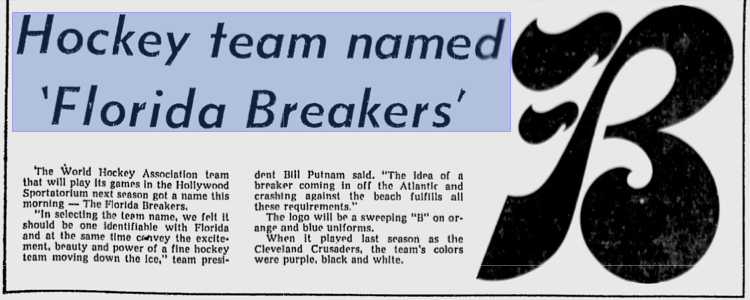The Panther
Registered User
I've never really understood what happened in that final WHA season of 1978-79. Well before my time, so I've just heard stories about it.
So, it seems there were only 7 clubs left at the start of that season. But then Indianapolis folded after 25 games (they sold Gretzky to Edmonton after eight games), leaving only 6 clubs... in mid-season. So then, how did the rest of the schedule work? Wouldn't one club's suddenly becoming defunct in mid-season require the entire season schedule to be completely redone? And surely there'd be really fair way to do that. Then, a bunch of the Indianapolis players (like Blaine Stoughton, Mark Messier, and others) suddenly moved, at the drop of a hat (?), to other pro teams to finish the season. How'd that work?
To make it even weirder, the "Soviet All Stars" and Czechoslovakia played 1 game against each WHA team (I think... anyway, they played 6 apiece), and these games counted in the WHA standings (!). Weirder still, Finland is recorded as having played 1 game only against the WHA... and it, too, counted in the standings. So, who'd they play? This is all bizarre to me.
Then, to top it off, the WHA All-Star game, which was played in Edmonton (remembered for Gordie Howe and still 17-year-old Wayne Gretzky playing together), was not in fact an All Star "game", but was three games between Dynamo Moscow and the WHA All-Stars. I've never heard of anything like that in any sport.
By the way, I'm also curious as to why/how New England/Hartford ended up being approved for joining the NHL the following season. I get that the top-four teams in the standings (Edmonton, Quebec, Winnipeg, 'New England'/Hartford) made it in for the 1979-80 NHL season... but why was Hartford approved? It was never a very stable market and not an overly big urban area, and adding it made the NHL 21 teams, creating imbalanced divisions (that would last until 1991-92). It just seems odd to me that when the NHL and its gray-beard owners were so anti-WHA that they'd allow an unlikely market like that to join.
Can anyone address any of these things?
So, it seems there were only 7 clubs left at the start of that season. But then Indianapolis folded after 25 games (they sold Gretzky to Edmonton after eight games), leaving only 6 clubs... in mid-season. So then, how did the rest of the schedule work? Wouldn't one club's suddenly becoming defunct in mid-season require the entire season schedule to be completely redone? And surely there'd be really fair way to do that. Then, a bunch of the Indianapolis players (like Blaine Stoughton, Mark Messier, and others) suddenly moved, at the drop of a hat (?), to other pro teams to finish the season. How'd that work?
To make it even weirder, the "Soviet All Stars" and Czechoslovakia played 1 game against each WHA team (I think... anyway, they played 6 apiece), and these games counted in the WHA standings (!). Weirder still, Finland is recorded as having played 1 game only against the WHA... and it, too, counted in the standings. So, who'd they play? This is all bizarre to me.
Then, to top it off, the WHA All-Star game, which was played in Edmonton (remembered for Gordie Howe and still 17-year-old Wayne Gretzky playing together), was not in fact an All Star "game", but was three games between Dynamo Moscow and the WHA All-Stars. I've never heard of anything like that in any sport.
By the way, I'm also curious as to why/how New England/Hartford ended up being approved for joining the NHL the following season. I get that the top-four teams in the standings (Edmonton, Quebec, Winnipeg, 'New England'/Hartford) made it in for the 1979-80 NHL season... but why was Hartford approved? It was never a very stable market and not an overly big urban area, and adding it made the NHL 21 teams, creating imbalanced divisions (that would last until 1991-92). It just seems odd to me that when the NHL and its gray-beard owners were so anti-WHA that they'd allow an unlikely market like that to join.
Can anyone address any of these things?

